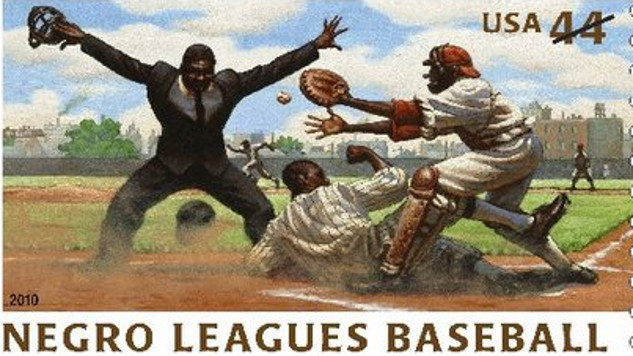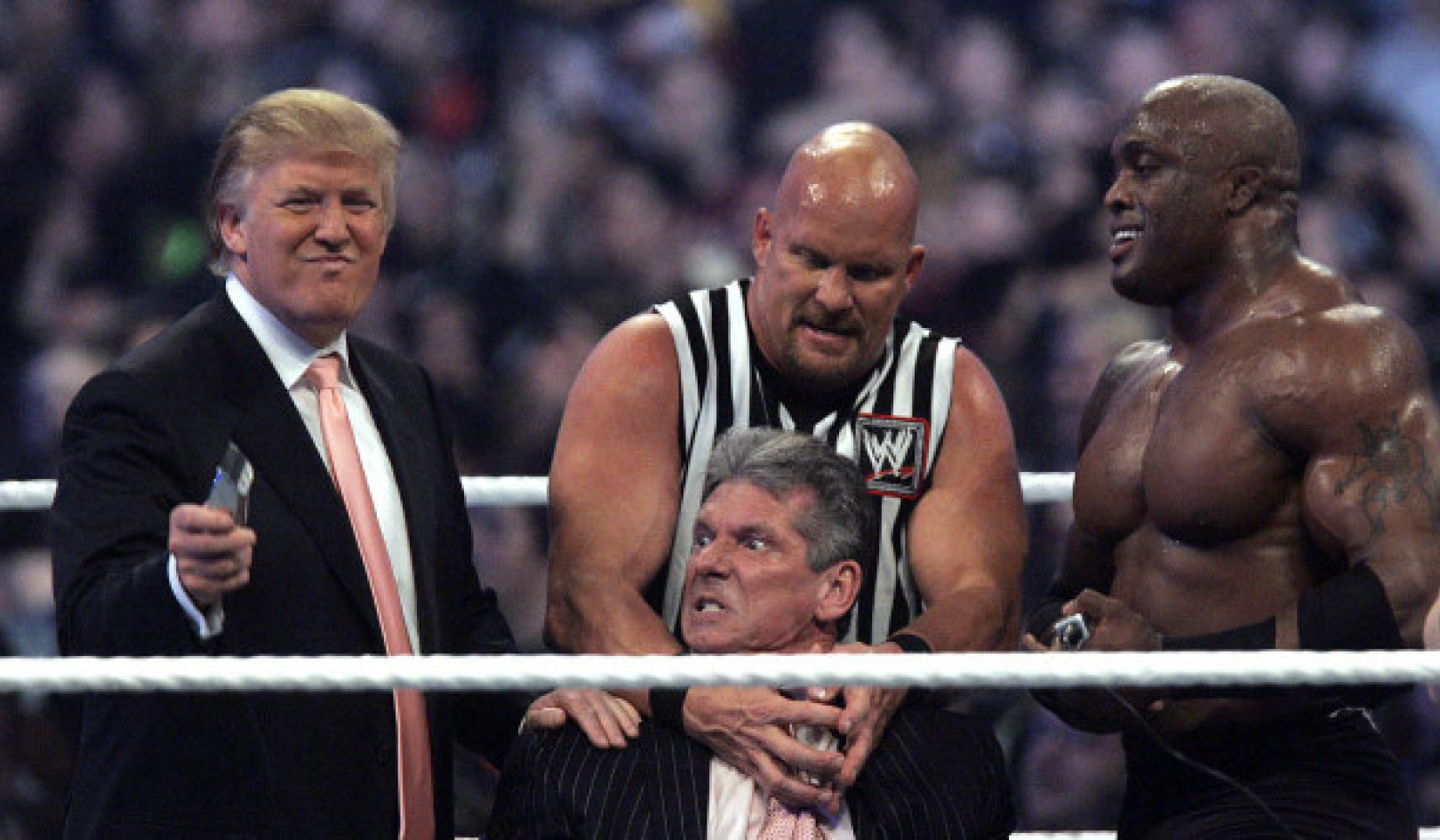
As a child, I was, like most boys in the 50s, a New York Yankees fan. But starting my post-college work in Atlanta, I became an Atlanta Braves fan. One of my most enjoyable past-times was 2 hot dogs, a beer, and a twilight double hitter. I was even in the stands for that wonderful moment when Henry Aaron broke Babe Ruth's home run record. I was also there to see the abuse this man took from the white Georiga racists who made his life miserable while he pursued the legendary record. I was also in Shea Stadium to see the magnificent Willie Mays hit 2 home runs. I owe much to the legacy of negro baseball for my fond memories.
Baseball, often dubbed America's pastime, carries a rich and diverse history that has shaped the nation's identity. Among the many chapters in this narrative, one often overlooked but undeniably significant aspect is the story of the Negro Leagues. These leagues, established during segregation and discrimination, provided a platform for African-American baseball players to showcase their exceptional talent, ultimately contributing to the sport's popularity and paving the way for social change.
African-Americans and Baseball
In the late 1800s, African-Americans already participated in baseball, demonstrating their love for the game and exceptional skills. However, the prevailing racial prejudices and segregation policies of the time kept them from joining Major League Baseball, stifling their opportunities and potential.
In 1920, the visionary Rube Foster founded the first Negro League, the Negro National League (NNL), marking a turning point in baseball history. This groundbreaking move allowed African-American players to showcase their talents, compete against each other, and create an atmosphere of excitement and camaraderie.
Negro Leagues' Contribution to Baseball's Popularity
The Negro Leagues left an indelible mark on baseball's popularity, revolutionizing the game with their electrifying style of play. The up-tempo gameplay and the players' unmatched skills drew fans from all walks of life, transcending racial boundaries and unifying spectators in their shared passion for the sport. The dynamic base-stealing prowess and jaw-dropping acrobatic catches displayed by Negro League players added an element of excitement and unpredictability to the game, setting it apart from the more conventional style of Major League Baseball.
The barnstorming tours and exhibition games played a pivotal role in spreading the popularity of baseball to previously untapped audiences. The traveling teams brought the joy of baseball to communities nationwide, fostering a sense of camaraderie and shared enthusiasm for the sport. These tours not only showcased the incredible talent of Negro League players but also introduced baseball to regions that had not experienced the sport's magic before. As a result, baseball's roots deepened, solidifying its position as America's beloved pastime, and the influence of the Negro Leagues became an integral part of the sport's cherished history.
Pioneering Players of the Negro Leagues
The pioneering players of the Negro Leagues etched their names in baseball's history, becoming legendary figures and icons of the sport. Among these trailblazers were names that resonate through time, like the incomparable Satchel Paige, whose pitching mastery earned him a place as one of the greatest pitchers in baseball history. Josh Gibson, known as the "Black Babe Ruth," showcased an incredible hitting prowess that left spectators in awe, solidifying his status as a home run king in the Negro Leagues. The lightning-fast Cool Papa Bell earned his nickname for his speed on the basepaths, symbolizing the league's dynamic and exhilarating gameplay.
Beyond the remarkable male players, the Negro Leagues also witnessed the rise of great women players who left an indelible mark on the sport. Mamie "Peanut" Johnson and Toni Stone were pioneering women who shattered gender barriers, proving that baseball prowess knew no gender boundaries. Their determination, skill, and passion for the game paved the way for future generations of female athletes, inspiring them to pursue their dreams on the baseball diamond. Through their exceptional talent and courage, these pioneering players of the Negro Leagues not only showcased the extraordinary capabilities of African-American athletes but also demonstrated the power of sports in challenging societal norms and fostering inclusivity within baseball.
The Negro Leagues and the Civil Rights Movement
The Civil Rights Movement of the mid-20th century was a transformative period in American history, marked by a relentless pursuit of equality and justice for African-Americans. Amidst this tumultuous time, the influence of the Negro Leagues on the civil rights struggle cannot be underestimated. African-American baseball players and teams served as powerful symbols of defiance against racial segregation, showing the world that talent, skill, and determination knew no color boundaries.
In the face of racial discrimination and prejudice, Negro League players demonstrated extraordinary prowess on the baseball diamond, captivating audiences with their exceptional talent and sportsmanship. Their success and resilience resonated far beyond the confines of the ballpark, inspiring hope and unity within African-American communities. As African-American athletes excelled in the Negro Leagues, their achievements served as a poignant reminder that the fight for civil rights was not limited to the political arena but extended to every facet of American society, including the cherished sport of baseball. The courage and determination displayed by these athletes on the field mirrored the resolution of civil rights activists, galvanizing the movement and accelerating the dismantling of racial barriers in the broader landscape of American life. Thus, the Negro Leagues became an integral part of the larger narrative of the Civil Rights Movement, leaving an enduring legacy that inspires generations to stand up against injustice and strive for a more equitable future.
Integration of Major League Baseball
The watershed moment in baseball came in 1947 when Jackie Robinson made history by integrating Major League Baseball as the first African-American player with the Brooklyn Dodgers. His groundbreaking success paved the way for other talented African-American players to enter the league, gradually leading to the decline of the Negro Leagues.
Although the decline of the Negro Leagues was inevitable after integration, their legacy lives on. Efforts to preserve and honor the history of the Negro Leagues led to the establishment of the Negro Leagues Baseball Museum, which serves as a tribute to the trailblazers who left an indelible mark on American baseball.
Remembering the Negro Leagues
Remembering the history of the Negro Leagues is vital in acknowledging the injustices faced by African-American players during segregation. Celebrating their contributions to baseball fosters a culture of inclusivity and diversity in sports, ensuring that future generations can draw inspiration from the courage and perseverance of these remarkable athletes.
The story of the Negro Leagues is a testament to the resilience and talent of African-American baseball players who fought against the odds to make their mark on America's favorite pastime. Their legacy endures not only in baseball history but also as a reminder of the power of sports in shaping social progress. Recognizing the significance of the Negro Leagues in baseball's heritage ensures that their story remains etched in the heart of the American identity.
Interview with the Producer of "The League" Documentary
Walter Isaacson sat down with Sam Pollard, the critically acclaimed director and producer of the captivating documentary "The League." In this exclusive interview, he delves into the process of making the documentary and the profound impact of the Negro Leagues on baseball history.
About the Author
 Robert Jennings is co-publisher of InnerSelf.com with his wife Marie T Russell. He attended the University of Florida, Southern Technical Institute, and the University of Central Florida with studies in real estate, urban development, finance, architectural engineering, and elementary education. He was a member of the US Marine Corps and The US Army having commanded a field artillery battery in Germany. He worked in real estate finance, construction and development for 25 years before starting InnerSelf.com in 1996.
Robert Jennings is co-publisher of InnerSelf.com with his wife Marie T Russell. He attended the University of Florida, Southern Technical Institute, and the University of Central Florida with studies in real estate, urban development, finance, architectural engineering, and elementary education. He was a member of the US Marine Corps and The US Army having commanded a field artillery battery in Germany. He worked in real estate finance, construction and development for 25 years before starting InnerSelf.com in 1996.
InnerSelf is dedicated to sharing information that allows people to make educated and insightful choices in their personal life, for the good of the commons, and for the well-being of the planet. InnerSelf Magazine is in its 30+year of publication in either print (1984-1995) or online as InnerSelf.com. Please support our work.
Creative Commons 4.0
This article is licensed under a Creative Commons Attribution-Share Alike 4.0 License. Attribute the author Robert Jennings, InnerSelf.com. Link back to the article This article originally appeared on InnerSelf.com



























